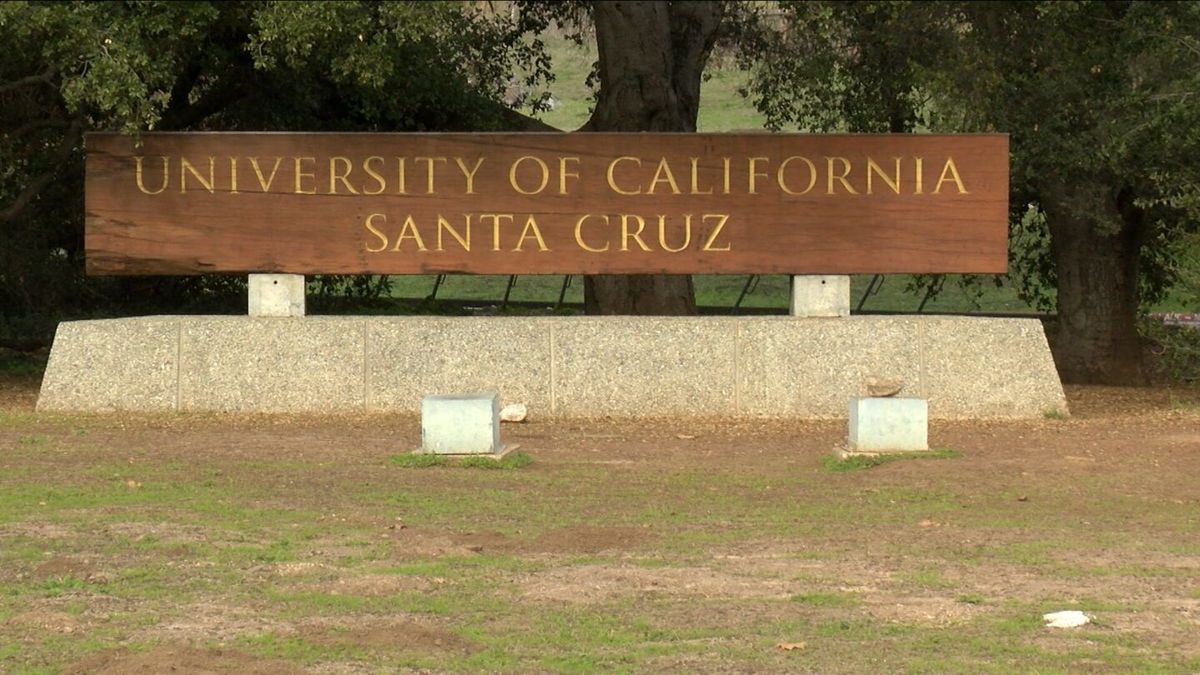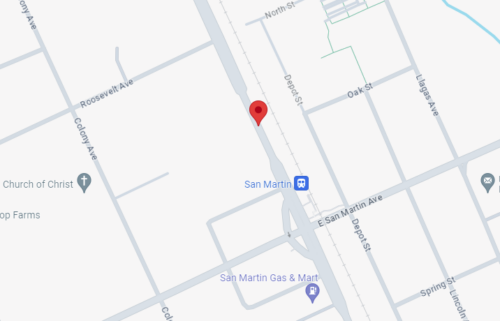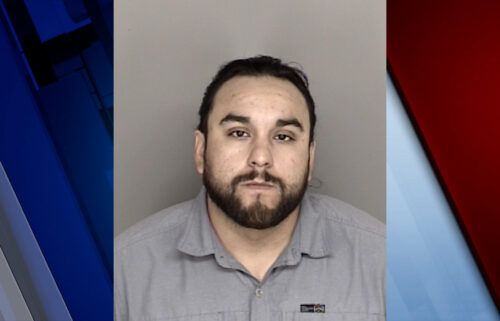UC graduate students ratify new three-year contract to end strike

SANTA CRUZ, Calif. (KION-TV): Update Dec. 24, 2022, at 11:47 a.m.- After six weeks of striking, the University of California and graduate student workers have ratified a deal.
This three-year contract will end the strike for graduate students. The new contract goes into effect immediately.
The new contract will offer academic students:
- Compensation:
- Within 90 days of ratification, TAs/Associate Instructors will receive a 7.5 percent increase. Teaching Fellows will receive an 8.9 percent increase. Hourly ASEs will receive 5 to 8 percent increases.
- In addition to October 2023 increases that range from 16.5 to 32.7 percent for TAs and Associate Instructors, these student employees will also be eligible for experience-based increases. Teaching Fellows will see 16.5 to 25.1 percent increases.
- By Oct. 1, 2024, the minimum 9-month salary for TAs with a 50-percent time appointment will be $34,000. By October 1, 2024, the minimum salary rate for UC Berkeley, UCSF, and UCLA TAs will be $36,500. Associate Instructors and Teaching Fellows will receive a 16.7 percent increase.
- Childcare reimbursement: $1,350/quarter or $2,025/semester, plus $1,350 for summer. ASEs will also be entitled to an additional $100 per year, effective on October 1, 2023, and October 1, 2024.
- Paid Leave: Expanded to 8 paid weeks per year for serious health conditions, family care, baby bonding, pregnancy or childbirth-related needs; short-term paid leave of 2 days for quarter campuses and 3 days for semester campuses; paid bereavement leave of 5 calendar days.
- Fee remissions: UC to cover 100 percent of campus fees for eligible ASEs with 25 percent or greater appointments, up from $100 per quarter and $150 per semester. This represents an increase of over $1,000 per year on certain campuses, in addition to the 100 percent coverage of tuition, student services fees, and health care already provided to qualified ASEs. This amounts to UC covering a total of $13,707 and up to $22,248 for all tuition and fees for eligible ASEs, depending on the campus. In addition, UC will maintain its current practices concerning Nonresident Supplemental Tuition for eligible ASEs who have advanced to candidacy in their degree programs.
- Transit:
- Participation in transit and parking-related services on the same basis as other employees.
- Within 12 months of ratification: Access to a pre-tax program to pay for transit costs, and access to a UC-negotiated e-bike purchase discount program.
- UC agrees to attempt to negotiate reduced-fee or no-fee access to regional transit system(s).
- Formation of a joint labor-management committee to explore additional measures.
- Benefits: Continued participation for eligible ASEs in a UC-sponsored student health plan to the same degree as other eligible students at that campus. Eligible ASEs with 25 percent or more appointment to receive full remission of monthly premium for a UC-sponsored student health plan. In addition, UC will pay 100 percent of dependent child premiums for eligible ASEs.
- Reasonable Accommodation: Confirms reasonable accommodations for those with disabilities and access needs and provides temporary work adjustments for bargaining unit members during the interactive process; establishes a joint labor-management committee to address accessibility.
- Respectful work environment: New contract provision to address abusive conduct and provide a dispute resolution process.
- Holidays: Recognition of Juneteenth as a UC holiday.
To view full details, click here.
All is quiet out on the front lines of where the strikes would be happening. That doesn’t mean negotiators behind the scenes have stopped though.
University of California President Michael V. Drake sees this agreement as good progress.
In a statement, he says in part:
“This is a positive step forward for the University and for our students, and I am grateful for the progress we have made together. Our Academic Student Employees and Graduate Student Researchers are central to our academic enterprise and make incredible contributions to the University’s mission of research and education.”
According to the UC, the agreement would provide things like a minimum salary scale, multiyear pay increases, and enhanced paid family leave for academic student employees and graduate student researchers.
If approved, the contracts would run until May 2025. UC Santa Cruz isn’t on the same page as the president, though.
Those that are a part of the strike say that the increase given won’t fix one thing…the cost of living. Undergrad student Joe Thompson breaks down how much students pay and how it affects them.
“You know, we have 9% of undergrads that are homeless,” Thompson said. “On top of that, graduate students are extremely rampant and some of them are paying upwards of 70% of their wages towards rent.”
One member of the UAW, Yulia Gilinchinskaya, explains just how much rent takes out of her check and others with dependents.
“My paycheck after tax comes out to about 2100 a month,” Gilinchinskaya said. “My rent is 1450. For folks who live in family student housing on campus. Their rent is 1850. And like, it's the UC who pays their salary, who charges them rent.”
With how unified people on strike here at UC Santa Cruz are, they know their voices will be heard.
Gilinchinskaya explained how it felt being on the front lines.
“You know, striking has been hard and exhausting," Gilinchinskaya said. "But also it's been really heartening and it's been really incredible to see solidarity that is being built among workers in different departments and different divisions who really all experience the same issues.”
Thompson believes the UC strikes are great examples of strike solidarity,
“And all unions. SEIU, Starbucks and CWA all need to take a note from that," Thompson said. "This is what we really want to do. If we're going to get what we're fighting for and this is how you do it.”
Another union member who is part of the negotiating tells Karl that right now members of the local UAW will decide if they are on board with this tentative agreement.




